DFG and NSERC Celebrate Ten Years of IRTG-CREATE
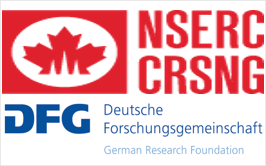
(08/05/21) 2021 is an exciting year for Germany and Canada, as we celebrate not only the 50th anniversary of science and technology collaboration between the two countries, but also the 10th anniversary of the IRTG-CREATE partnership, supported by the Natural Sciences and Engineering Research Council of Canada (NSERC) and the German Research Foundation (DFG). The shared objectives of providing enriched training and mentoring experiences for graduate (master’s and doctoral) students and postdoctoral fellows has led to a longstanding partnership between the CREATE (Collaborative Research and Training Experience) program in Canada and IRTG (International Research Training Groups) in Germany. Established in 2011, IRTG-CREATE programs are funded for a duration of nine years and each program involves multiple Principal Investigators (PIs) and students from various German and Canadian universities. Trainees benefit from opportunities for joint research, regular student exchanges, and international travel. This partnership has resulted in a total of eight successful German-Canadian funded programs -- of which six are still active, supporting over 200 trainees from each country, collaborations between 10 Canadian and 10 German universities, and producing over 450 publications.
We are proud to feature testimonials from the students and PIs who participated in two of the longest-running IRTG-CREATE programs.
Complex Membrane Proteins in Cellular Development and Disease (2012-2022
Complex Membrane Proteins in Cellular Development and Disease (2012-2022)

Universities: TU Kaiserslautern, University of Alberta, Saarland University
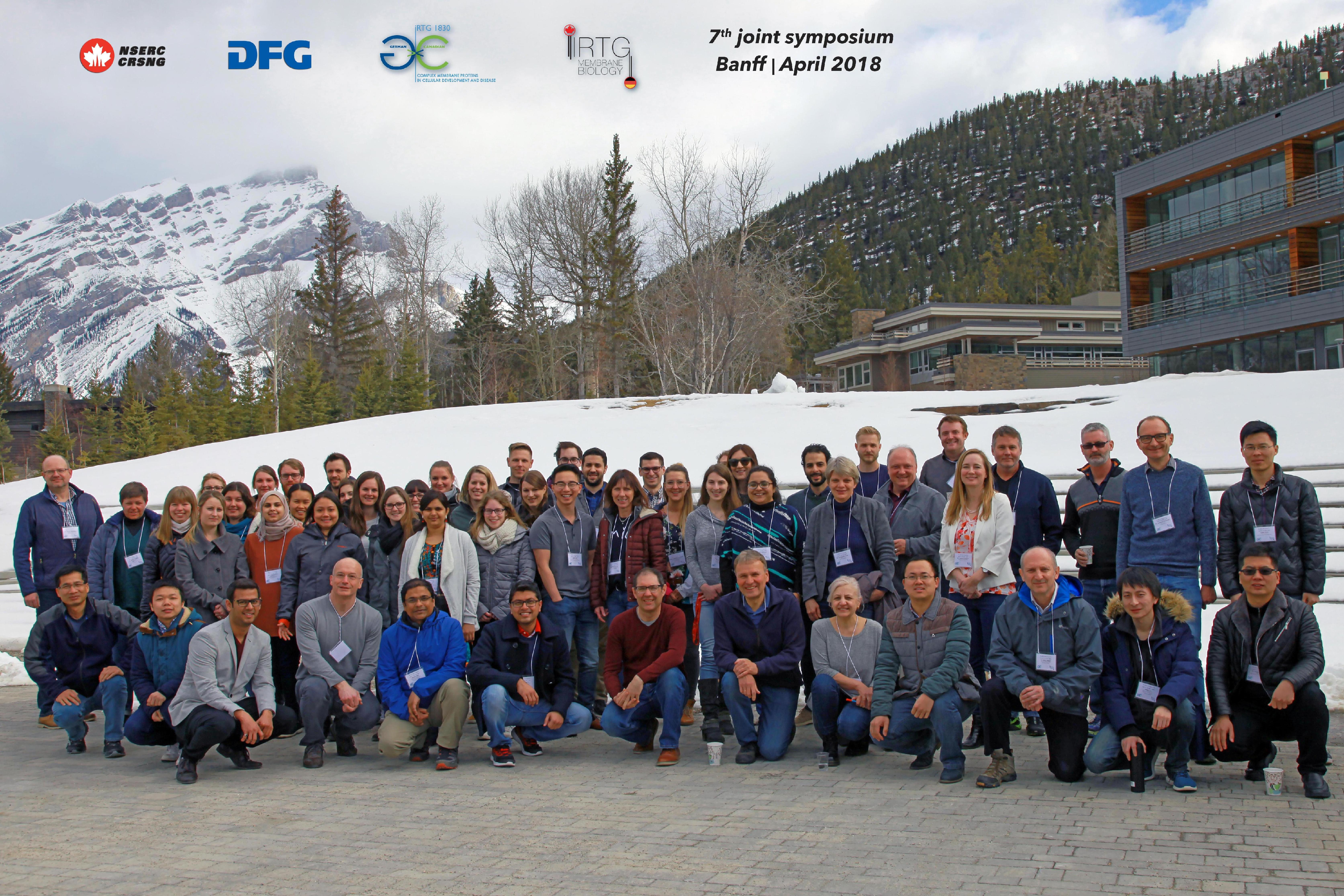
German and Canadian Members of IRTG 1830 at the 7th Joint Symposium, April 2018, in Banff
© Ekkehard Neuhaus
“The establishment of such a coordinated structure for collaborative research and education at the highest level, in an international atmosphere, was key for the excellent performance of our PhD candidates. This education program comprised self-organized conferences, meetings, and workshops, as well as internships in top laboratories worldwide. All these occasions allowed intensive contact with excellent scientists and leaders offering interesting positions. This success is indicated, inter alia, by many joint publications in leading and even top scientific journals, frequent invitations of our candidates to present their research at international conferences, and the many research prizes received by our doctoral fellows.
The similar cultural characteristics made it highly attractive for German graduates to move to Canada. Our PhD candidates were always warmly welcomed in Edmonton and they conducted part of their research in well-equipped and successfully run laboratories of our partner teams. Since nearly all of our PhD fellows took the chance for a research stay in Edmonton, the “new” visitors received detailed instructions from the “returners” in somewhat funny “survival guides,“ e.g. on housing, accommodation and the organization of daily life. Moreover, our PhD fellows received lively insight into Canadian culture and always enjoyed traveling to spectacular places in the Canadian wilderness.
Several of our alumni took over post-doctoral positions in leading international laboratories, and first contacts to corresponding group leaders emerged as result of our education program. The IRTG also played a crucial role in developing the scientific profiles and careers of the PIs, especially of our Young Scientist-PIs, as several of them received appointments for full professorships during their memberships in the IRTG.” (Prof. Ekkehard Neuhaus, TU Kaiserslautern)
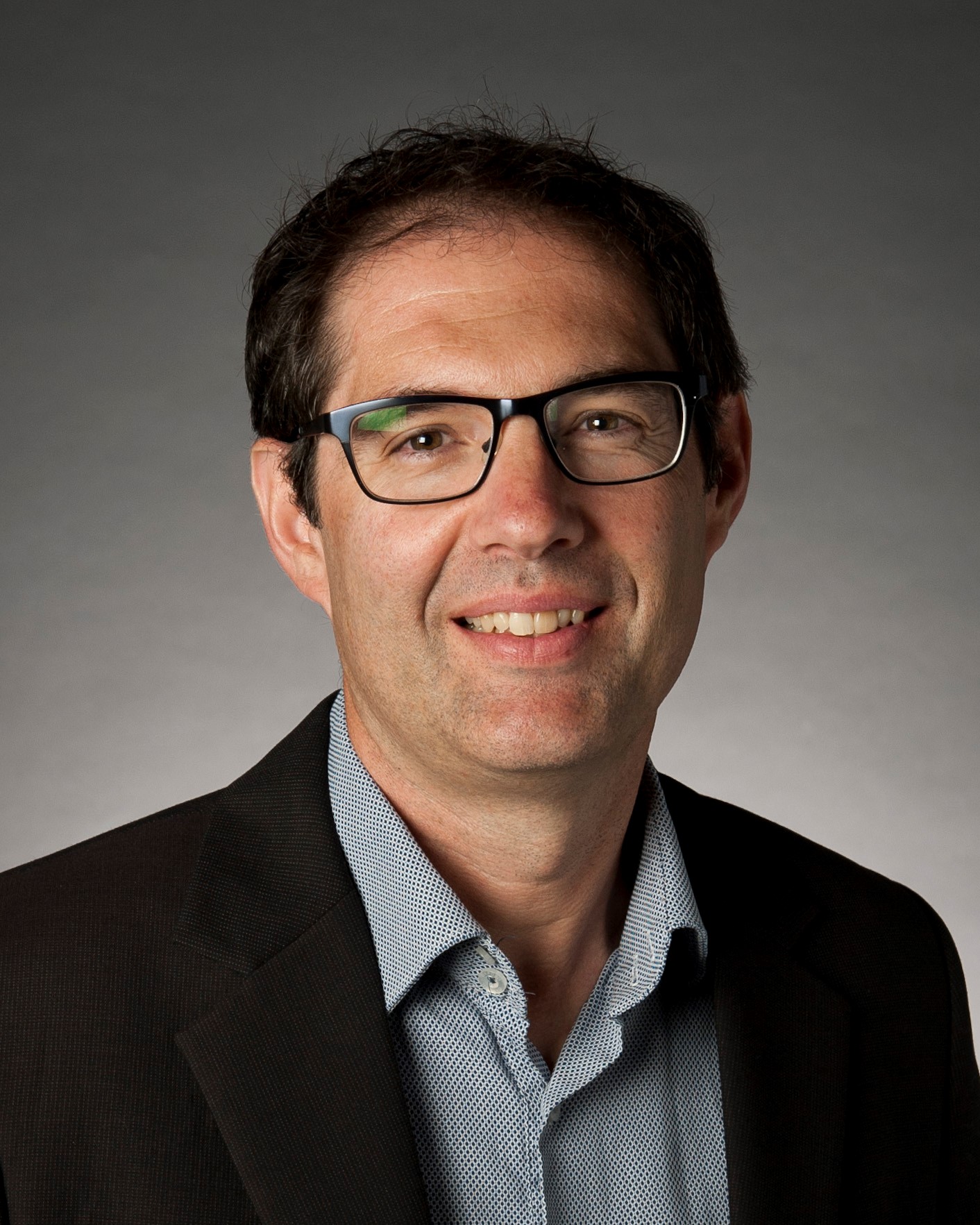
Prof. Joe Casey
© J. Casey
“Some of the most satisfying experiences of my career have come from watching the IRTG’s trainees blossom with the confidence that comes from presenting their research and carrying out experiments in an international setting. Germans who became colleagues through the IRTG have become co-authors, advisors and good friends.” (Prof. Joe Casey, University of Alberta)
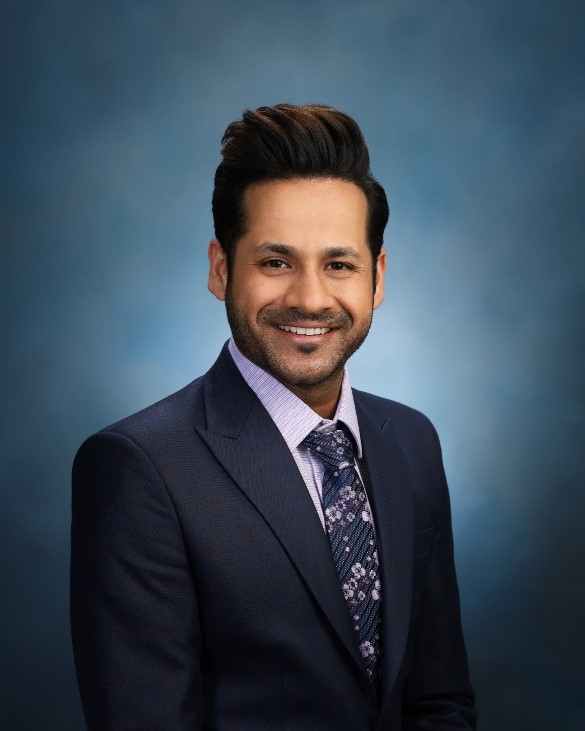
Dr. Darpan Malhotra
© D. Malhotra
“As an IRTG member, I benefitted from a variety of opportunities that were made available to us, including the local weekly IRTG meetings, the annual IRTG Joint Symposiums (held alternately in Germany and Canada), and the Canadian-German Exchange Program, where I spent three months in Dr. Richard Zimmermann’s lab at the University of Saarland.
The complete IRTG-CREATE experience provided me with a platform that I further used to develop an international research network -- by presenting my findings at focused and renowned research meetings in the US and creating more collaborations in Montreal, Quebec City, and Singapore. Our research work on genetic blinding corneal diseases has been welcomed and well-received in the international community and opened a new potential avenue for treatment option of a high-prevalence (12%) blinding disease, Fuchs’ Endothelial Corneal Dystrophy.
I completed my research program in 2019 with flying colors and a well-rounded research and professional skill set. That helps me today in my current roles of working as a Research Account Manager for an iconic German research solution giant, Carl Zeiss, and also as a Life Science Consultant for a Chicago-based consulting firm, PreScouter Inc.” (Dr. Darpan Malhotra, former PhD student in Prof. Joe Casey’s lab, University of Alberta)
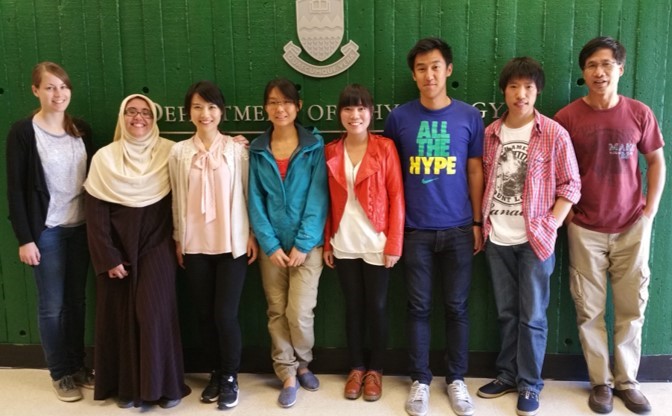
Members of Prof. Xing-Zhen Chen's lab at the University of Alberta, Edmonton in summer 2015 (far left: Laura Quint, far right: Prof. Xing-Zhen Chen)
© Laura Quint
“In the long-term, these five months abroad in Canada really did change my point of view and made me stronger – from a scientific as well as a personal perspective. In my opinion, leaving one’s comfort zone is key. For me, going to a foreign country on another continent, living and working together with people I hadn’t met before, was definitely leaving my comfort zone. My working life in industry (Sanofi) is now very different, but I benefit from all the experiences that I gained during my PhD. I would definitely do it again and actively encourage everyone to take the opportunity to be part of an international research training group.” (Dr. Laura Quint, former PhD student in Prof. Veit Flockerzi’s lab, Saarland University)
ArcTrain - Processes and Impacts of Climate Change in the North Atlantic Ocean and the Canadian Arctic (2013-2023)

Universities: University of Bremen MARUM, McGill University, Université du Québec à Montréal
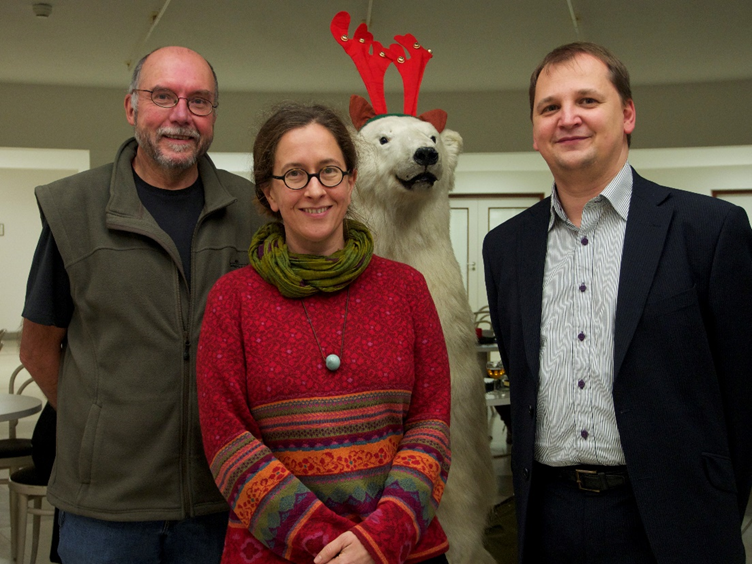
Maren Walter (center) with ArcTrain Germany co-speaker from AWI, Rüdiger Stein (left), speaker Michal Kucera (right), and a polar bear, at the kickoff meeting in 2013 at the Alfred-Wegener Institute in Bremerhaven.
© Maren Walter
“Working within ArcTrain, for me, has strengthened collaboration on all levels, both interdisciplinarily within ArcTrain Germany and with the colleagues from ArcTrain Canada -- especially the oceanographers at the University of Alberta in Edmonton. Examples of the results of these collaborations include joint publications as well as students from ArcTrain Canada and Germany joining our group’s research cruises.
On a professional level, the experience with ArcTrain helped me develop valuable skills as an academic: I got to work with PhD students from different countries as a supervisor or in German-Canadian thesis committees, learned how to set up programs and workshops for graduate education, how to implement measures to foster gender equality, do scientific outreach, and more. For me personally, ArcTrain was the boost to go from being a postdoc to a senior scientist.
The great thing about ArcTrain is that it is an open, welcoming, and lively community of young scientists from all over the world working on different angles of the impact of climate change on the physical environment of the Arctic. I think it is very beneficial for early career scientists, whether they see their future in academia, science communication, NGOs or in industry, to be part of such an interdisciplinary and international network. Therefore, I encourage PhD students from other programs who work on ArcTrain-related topics to join ArcTrain as associate PhDs. It is great to be part of ArcTrain!” (Dr. Maren Walter, Principal Investigator, University of Bremen)
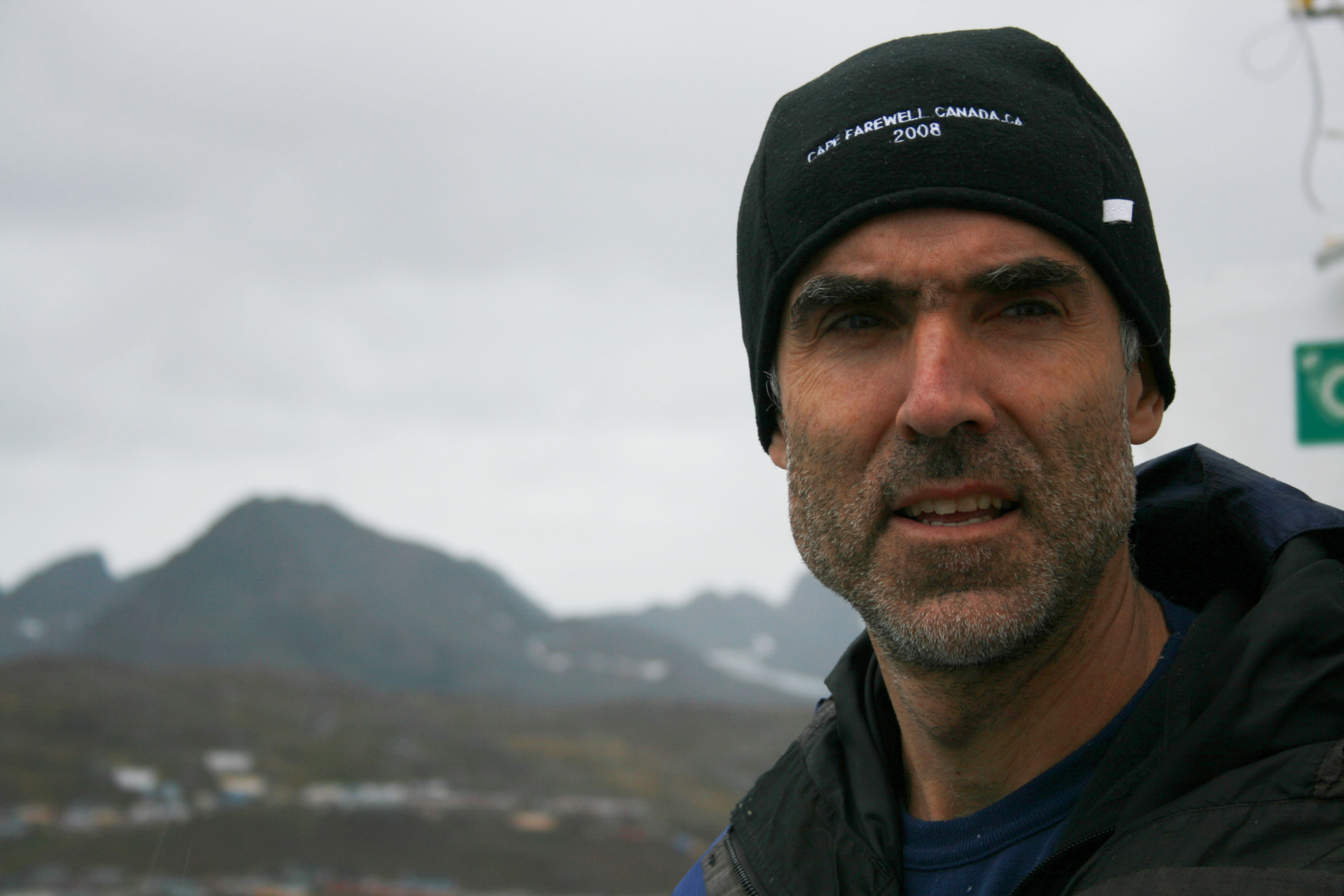
Prof. Bruno Tremblay
© B. Tremblay
“A program like CREATE provides a unique experience for graduate students. Students join a group of PhDs working in related fields of research who will become their colleagues when they start their career.They experience different research environments though internship; and they collaborate with different researchers from different institutions on their own research project, broadening their perspective on their work.
Joint projects with scientists from the University of Bremen and the Alfred Wegener Institute allowed me to tackle a broader range of science questions without over-extending myself, given the team approach of the program.” (Prof. Bruno Tremblay, McGill University)
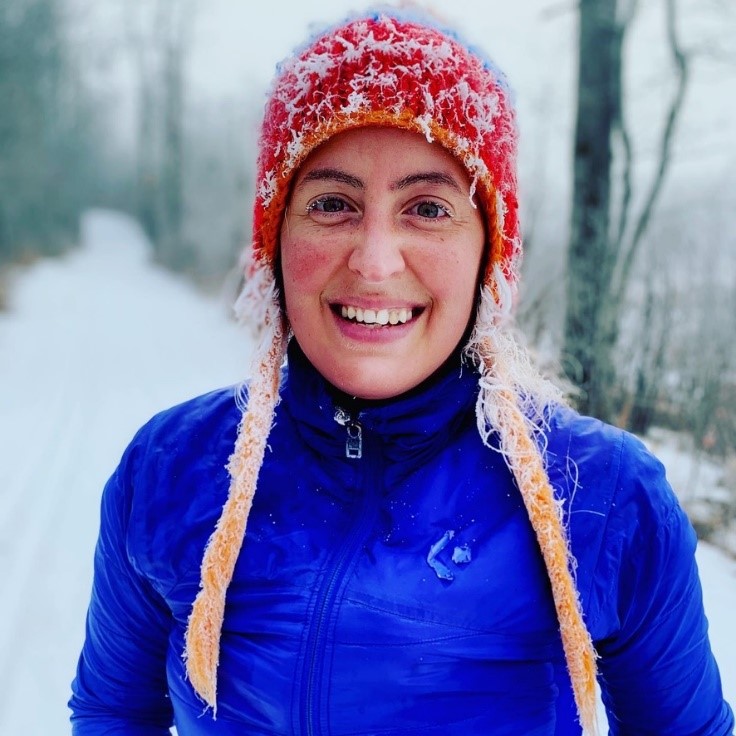
Dr. Laura Castro de la Guardia
© L. de la Guardia
“Joining was one of the best things I did. Among the many advantages were: (1) I made new friends and colleagues, (2) I worked closely with researchers from a different field who gave me a multidisciplinary perspective of the Arctic, (3) I gained field work experience, (4) I met potential future employers (I was offered work by one of the professors I met through the project), and (5) I was exposed to a different educational framework. Yes, I encountered obstacles in my research. However, I found that discussing my obstacles during the annual committee meetings (mandated by the IRTG-CREATE program) helped me overcome them because I had the attention of six or more professors giving me valuable advice. As a Ph.D. I was focusing on ocean modelling, and I think my decision to accept a postdoctoral position in a research group that focuses on observations is rooted in the field work experience and the interactions I had during the program IRTG-CREATE.” (Dr. Laura Castro de la Guardia, former PhD student in Prof. Paul Myer’s lab at University of Alberta)
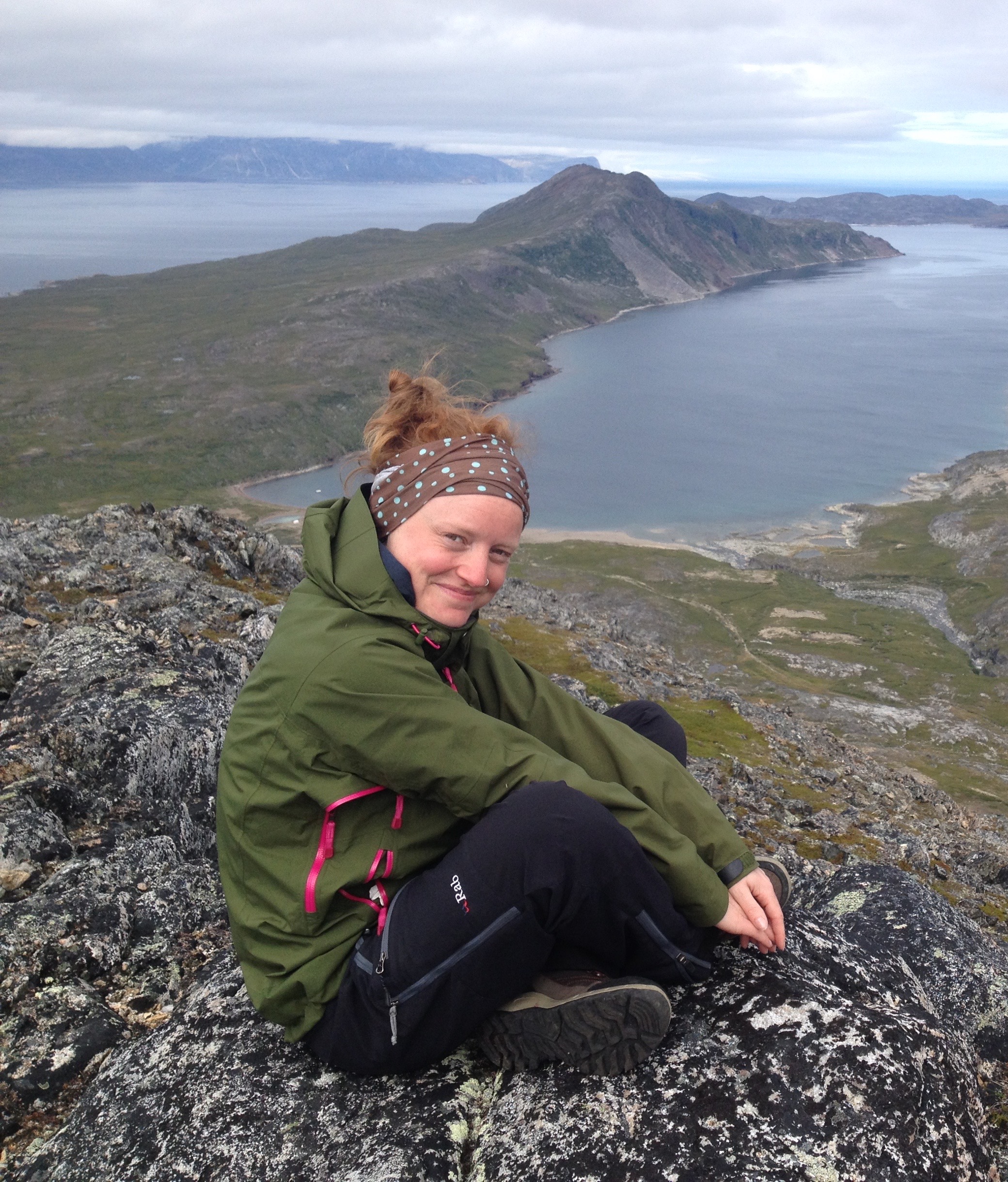
2015 Fieldtrip to the Torngat Mountains National Park in Northern Labrador, CA
© Rebecca Jackson
“Our group was diverse in terms of both origin and scientific background, all working with different methods on a range of timescales. Our regular seminars meant that we could learn a lot from each other, and in a complex system such as the Arctic, this was invaluable. I would recommend anyone to join such a program. As all the students were in the same position, we could share perspectives and advice, and this certainly fostered a very positive and supportive group dynamic; a PhD is a very steep learning curve!
One of my fondest memories was an obstacle: we spent an extra two days at a remote camp in the Torngat Mountains National Park (Northern Labrador, CA) due to bad weather and with no possibility for a plane to land. A true taste of life in the Arctic.
Being part of the ArcTrain IRTG has been very beneficial to me post-graduation. I am international once again (now based in Denmark) and owe, in part, my current and upcoming postdoc grants to the connections I made during my PhD. The networking and collaborative nature of the program is fantastic and as well as the scientific work. The program set me in good stead for creating and managing my own research projects.” (Dr. Rebecca Jackson, former PhD student in Prof. Michal Kucera’s lab at University of Bremen MARUM)